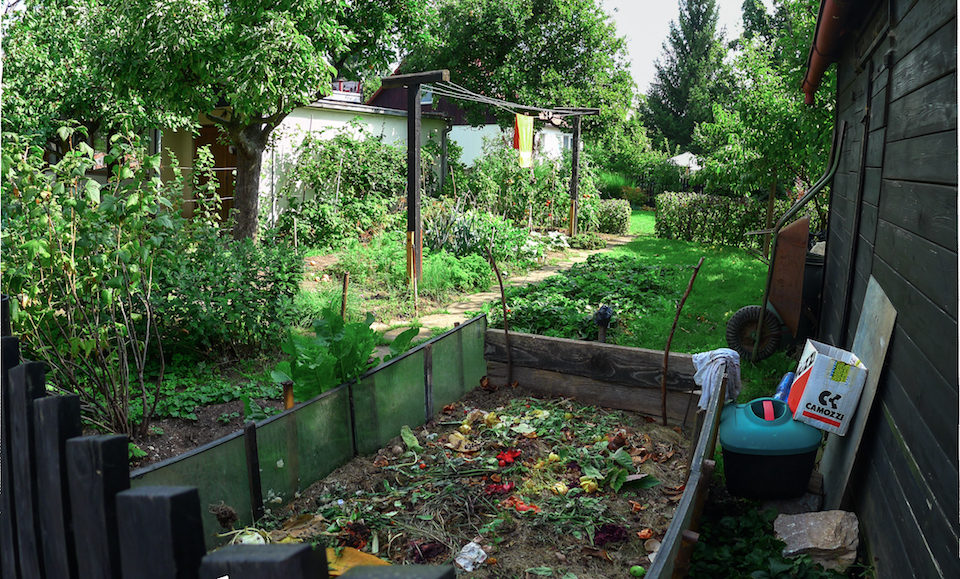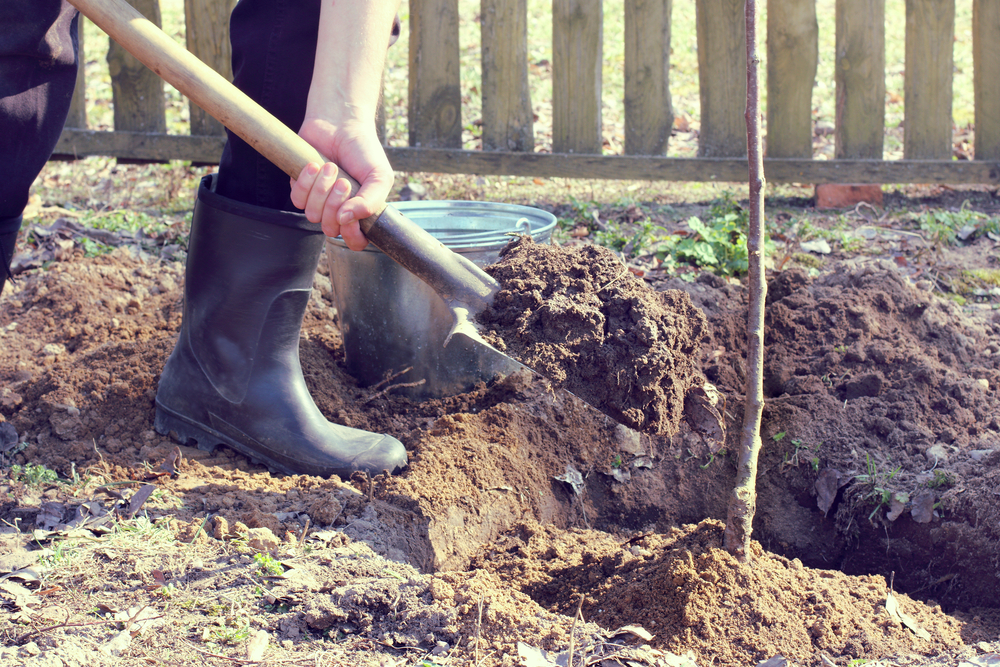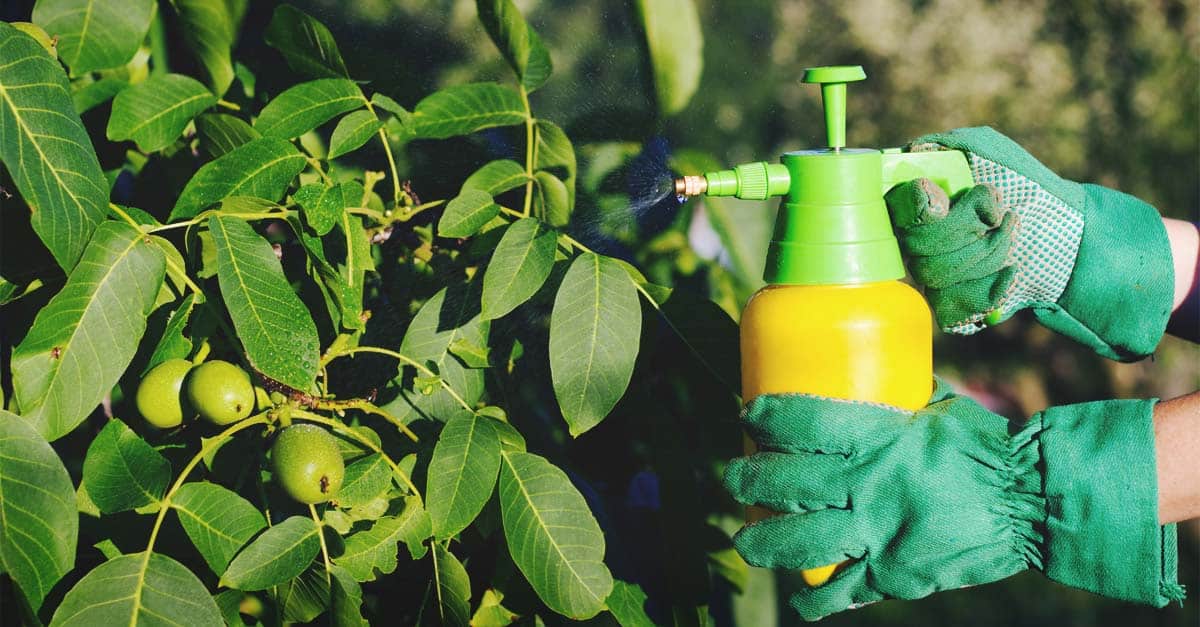How to Protect Your Garden in Winter
Garden stores offer expensive and sometimes polluting solutions to protect your garden from the cold weather: mulch, fertilizers, weed killers, insecticides or fungicides… Maintaining your little haven of peace can become a real money pit!
This post gives you 8 economical solutions to protect your garden in winter.
1. Weed by hand
When faced with the chore of weeding, don’t give in to the temptation of chemical sprays. Not only does it pollute the soil and water, but it can also attack your lawn and even your ornamental plants!
To weed by hand:
– Pull up young plants as soon as they appear to prevent them from proliferating later.
– You can also get some coarse salt and vinegar from your kitchen cupboard, a healthy and economical alternative to weeds!
Good to know: scarification consists of removing moss and dead leaves from a lawn. Thanks to this operation, the lawn becomes more resistant and ready to face the cold. However, you will have to repeat the operation in the spring between two mowings.
2. Make your own compost

Dead leaves, mummified fruit, weeds… To avoid the spring collection rush, it’s best to start collecting in winter. This way, your green waste will form compost available to feed your plants when the sun returns.
Good to know: vegetable and fruit peelings, coffee and tea grounds and even nettles are excellent fertilizers.
3. Make an organic cover
To prevent the risk of frost, a natural and organic cover is best. To preserve the roots, spread the mulch 10 cm from the base of each plant.
A mulch can be composed in different ways, with:
– pine bark;
– pine thorns
– wood chips;
– peat moss.
Mulch has a longer or shorter decomposition time, during which it protects the plant and the roots it covers from the cold.
4. Rent a mower
If you don’t spend much time mowing your lawn, don’t invest in a relatively expensive mower, rent one!
Note: you can also rent a scarifier (twice a year), a chainsaw, a hedge trimmer, etc.
5. Protect your tools from the cold!
To keep your tools longer and save money, store them in a cool, dry place:
– Clean your hand tools regularly, disinfect them and remove rust.
– If you have one, store your mower in a dry place, recharge the battery and drain the engine.
– Drain your sprinkler system and pond regularly and cover outdoor water inlets.
6. Reuse your chimney ashes!
If you have a chimney, you often have to dispose of the excess ashes in the fireplace.
Instead of throwing them in the garbage, spread them on your lawn:
– The ash prevents water from freezing when it comes in contact with the cold ground.
– It also helps to absorb moisture into the soil and prevents moss from growing.
Caution: In large quantities, ash can be harmful to the environment. Despite its remarkable effectiveness, please do not abuse it!
7. Vaccinate your plants
Stars of the beauty salons, delights of the taste buds, seaweeds have more than one trick up their sleeve. It not only protects the skin from the first signs of ageing but also plants from diseases.
– Pick them up on a beach.
– Let them ferment for a week, keeping the most delicate noses away, of course.
– Once the fragrant mixture is obtained, bury it near your plants.
8. Finally, make your own pesticide
There’s no better way to fight pests than with your own pesticide. This is a mixture of slaked lime and copper sulphate, and these ingredients cost less separately than already mixed.
Caution: Before mixing the two substances, cover your hands and eyes. Also, do not use iron containers and do not put too much on your plants.
To cover the needs of a medium-sized garden with Bordeaux mixture
– 80 g slaked lime and 5 l water,
– 150 g of copper sulphate and 5 l of water.
Good to know: to rid a plant of insects, it is still useless to use an insecticide, which is expensive and polluting. Coffee grounds nourish and protect plants by naturally keeping unwanted insects away.




